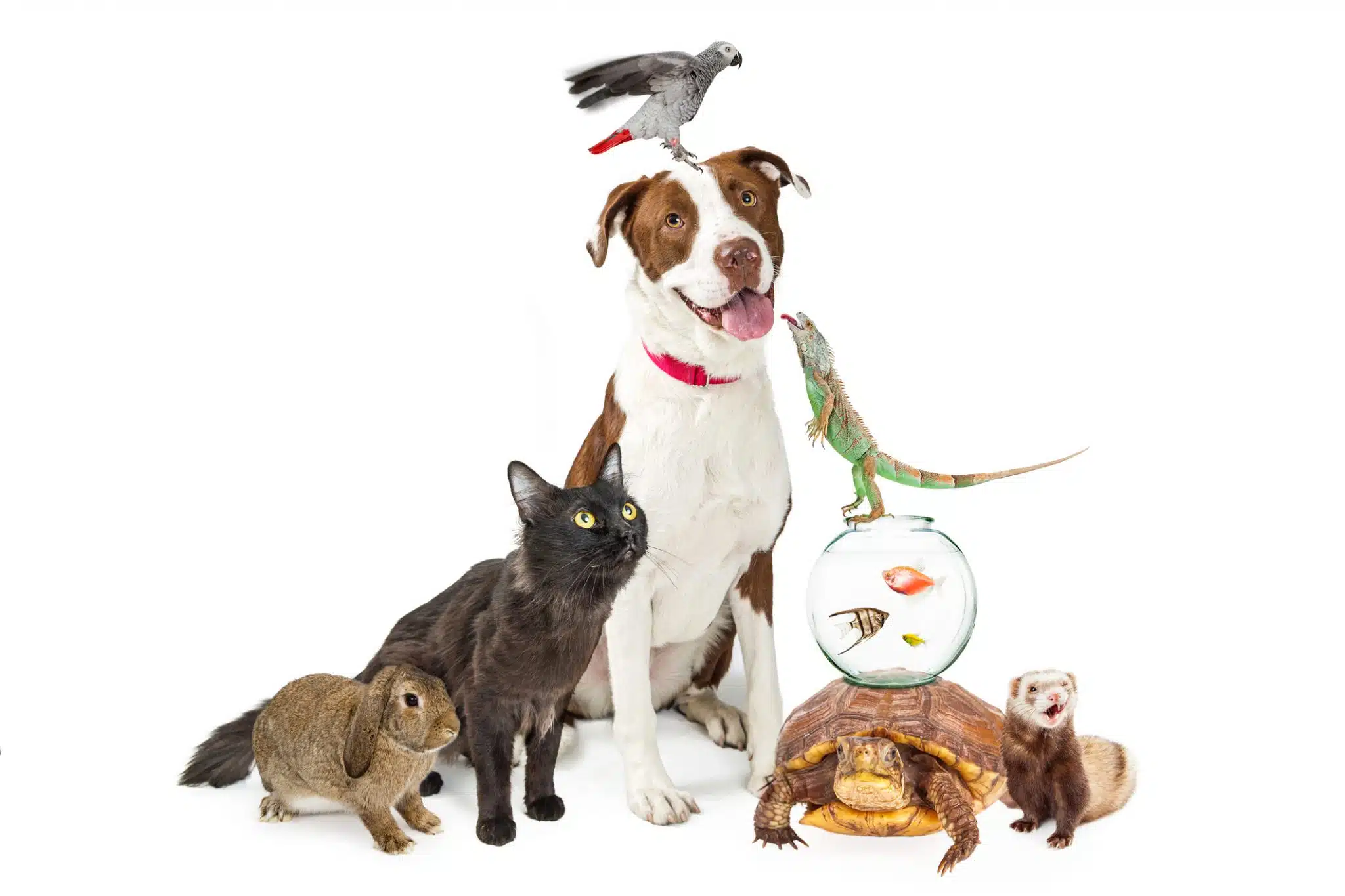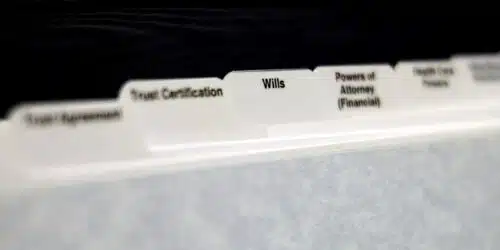As of 2018, 41% of Canadian households have at least one dog and 35% of Canadian households have at least one cat. And if you are one of those households, chances are you consider your animal companion a part of the family. Yet it is not uncommon that many pet owners fail to account for their pets in their estate plans. Including pets in your estate plan can help you ensure that they will receive the care they need for the rest of their lives and can give you some peace of mind.
In Ontario, pets are considered property, which means pets cannot hold other property in their names alone. For estate planning purposes this means that you cannot leave a simple cash gift to your pet. By the same token, in Ontario, you cannot set up a trust where the beneficiary is a pet rather than a person, because there is no certainty of objects. If there is no ascertainable person who benefits from the trust and one who can enforce it, then there is no certainty of objects and the trust is invalid.
Below are some options for people residing in Ontario, who would like to include their pets in their estate planning.
Establish a Pet Guardian
A good place to start in planning for the pets’ futures is to determine who should take care of them upon the owner’s death or incapacity. Consider meeting with your family or close friends to decide on who would be the best fit for a pet guardian. Be upfront about expectations as not everyone is up for the day-to-day responsibilities of taking care of an animal.
Cash Legacy (Gift) to a Pet Guardian
If you choose to bequeath the pet to a pet guardian, you may also wish to leave a cash legacy (gift) to him or her as well so they are able to provide for your pet(s). You may also choose to include a condition precedent whereby the pet guardian cannot accept the cash legacy, without accepting the pet as well.
One shortcoming of this option is that you cannot enforce any care instructions for your pet along with the cash legacy. Additionally, you cannot provide for a pet in the event that it outlives the pet guardian.
Establish a Trust for a Pet Guardian
Another option to plan for a pet’s continued care is to create a trust in your will for the benefit of someone who will take care of your pet(s), on condition that the beneficiary takes care of your pet(s). By using a trust you can include instructions for the care of the pet and the ongoing use of funds that are placed within the trust. It is recommended to designate different people as trustee and pet guardian in order to eliminate potential conflicts of interest and to ensure that a separate party enforces the terms of the trust (i.e. the trustee).
The law on trusts for pets is still being developed in Ontario and creating a pet trust requires diligence in order to make sure that the trust is not struck down for being unlawful. The following things are important to consider when creating a trust:
- A trust must have a beneficiary who is able to enforce the trust instrument, i.e. force the trustee to pay the money out of the trust according to its terms as a pet will not be able to do so.
- A trust cannot exist solely for a purpose, unless the purpose is charitable in nature. Therefore, a trust is generally created to gift something to a beneficiary on certain terms or conditions. Unfortunately, a trust set up by a person for their pet(s) arguably does not have a charitable purpose (yet a trust for the benefit of animals would).
- A trust fund may name specific beneficiaries and make gifts conditional on certain things, as long as those conditions are (i) lawful and (ii) not contrary to public policy (i.e. racist, sexist, etc.).
Therefore, to create a trust fund for your pet(s) that satisfies the above criteria, it is necessary to designate specific beneficiaries to the trust, and to make any benefit received from the trust by those beneficiaries conditional on taking care of the pets, with funds from the trust being available for the caretaking of your pets.
Lastly, each trust must specify an end-date, when the balance of the fund, if any, is finally distributed. A pet trust would typically “end” on the date of death of the last surviving pet, with the balance of the trust fund being directed by the terms of your will. For example, you could direct that when the last pet dies, the balance of the trust fund be distributed to a family member, friend, or favourite charity/charities.
Key takeaways for estate planning to include your pet(s):
- Select the pets’ guardian.
- Write detailed instructions for the pets’ care. This information may be especially useful immediately following the death of the owner.
- Consider options for your pet within your estate plan and will – would a cash legacy suffice or would a trust be the better option.
- If you choose a trust, select a remainder beneficiary. This person or organization will receive any funds left in the trust after the pets die.
This blog post was written by Diana Tebby, a member of the Real Estate and Wills and Estates teams. She can be reached at 613-369-0384 or at diana.tebby@mannlawyers.com.








